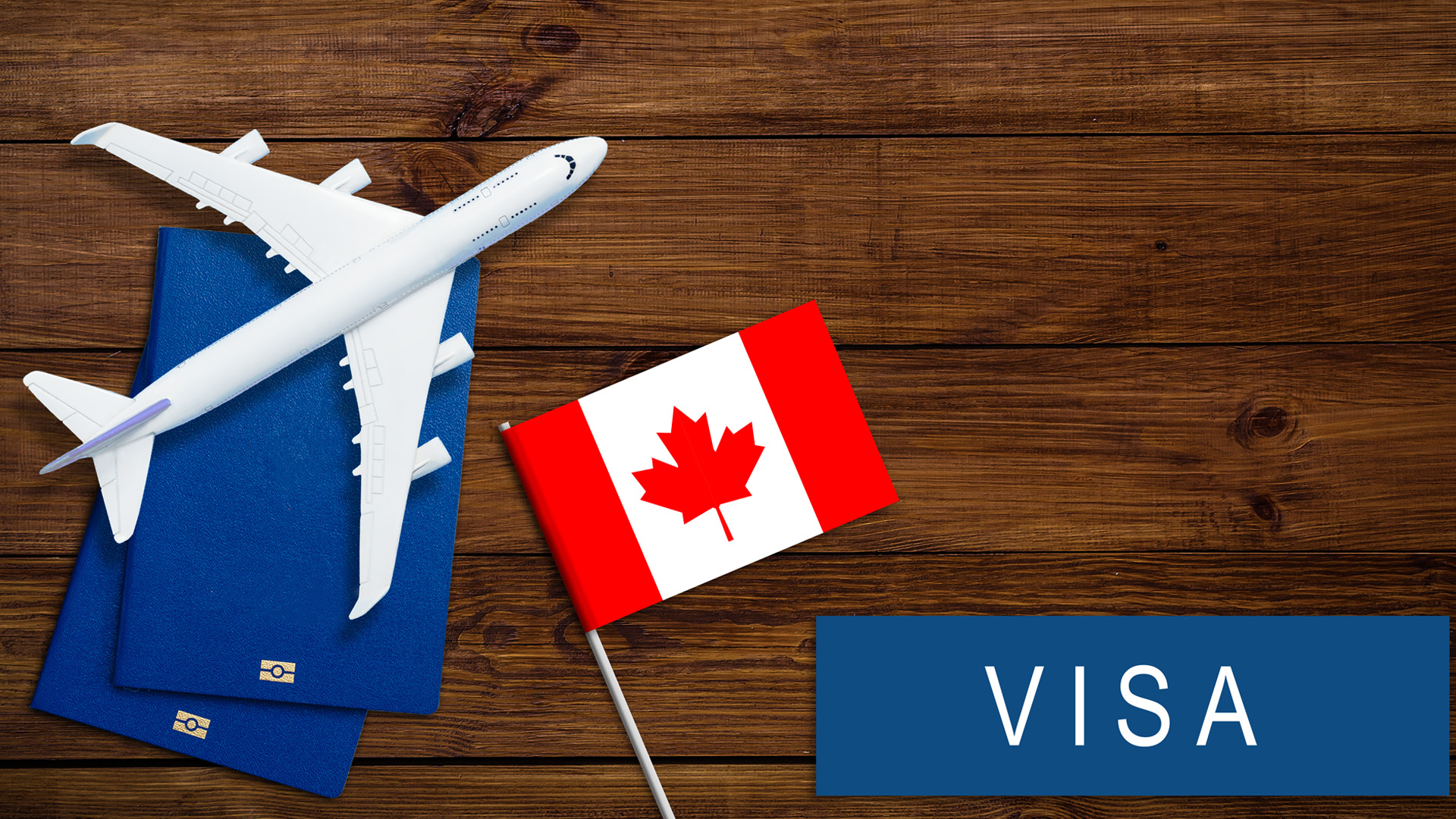Work Permits
-
Refusals & DelaysRefusals & Delays
-
Immigration AppealsImmigration Appeals
-
InadmissibilityInadmissibility
-
Temporary ResidenceTemporary Residence
-
Permanent ResidencyPermanent Residency
-
Family SponsorshipFamily Sponsorship

Work Permits in Canada: Strategic Legal Guidance for Foreign Workers and Employers
Securing a work permit in Canada involves navigating complex immigration regulations, strict documentation requirements, and program-specific conditions. Even minor errors can cause delays or refusals, jeopardizing employment plans and long-term goals.
At The Law Office of Tià Sherene McCalla, we as work permit lawyers, guide foreign workers and employers through the work permit process with precision and care. Our legal insights help ensure your application is structured, compliant, and optimized to increase your chances of an approval.
Work visa lawyers assist by:
- Identifying the correct work permit category for your situation
- Preparing and organizing evidence effectively
- Managing deadlines and procedural requirements
- Minimizing the risk of delays or refusals
Canada offers diverse employment opportunities, but each permit stream carries specific legal conditions. Mistakes in categorization, document preparation, or submission formats can result in setbacks that are costly and stressful.
Work Permit Categories in Canada
Canada’s work permits fall into two general categories:
1. Employer-Specific Work Permits
- Tied to a particular employer, job role, and location
- Often require a Labour Market Impact Assessment (LMIA)
Conditions clearly outlined on the issued permit
2. Open Work Permits
- Not tied to a specific employer
- Available only under limited circumstances (e.g., spousal sponsorship, post-graduation work permits, International Mobility Program)
- Do not required an LMIA
Working outside approved roles or employers can result in inadmissibility or future refusals. Our work permit immigration lawyer assists in interpreting these legal restrictions and helps maintain compliance throughout your stay.
Postgraduate Work Permits
Graduates from eligible Canadian post-secondary programs can apply for a Post-Graduate Work Permit in Canada (PGWP), allowing them to gain Canadian work experience and supporting future permanent residence applications.
Key considerations include:
- Applications must be submitted within 180 days of receiving a final transcript or completion letter
- Educational programs must meet minimum duration and program requirements
- The PGWP is non-renewable
As work permit application lawyers, our legal team ensures your application reflects academic eligibility, adheres to procedural rules, and aligns with your long-term immigration strategy.
Spousal and Family Work Permit Options
Spouses and common-law partners may qualify for open work permits if they meet eligibility requirements, such as:
- Being the spouse of a skilled foreign workers in NOC TEER categories 0, 1, 2, or 3
- Being the spouse of a full-time international student
- Family members under certain humanitarian or public policy streams
Applying for a spousal open work permit in Canada involves:
- Proving your legal relationship (e.g., marriage certificate, joint financial assets)
- Submitting the application alongside or after the principal applicant’s submission
- Meeting all timeline and formatting requirements
Our lawyers for work visa in Canada review both principal and spousal applications to ensure consistency and prevent documentation gaps.
Employer Requirements and LMIA-Linked Applications
Employer’s hiring through the TFWP must obtain a Labour Market Impact Assessment (LMIA) to demonstrate that hiring a foreign worker will not negatively affect the Canadian labour market.
Employer obligations include, but are not limited too:
- Advertising the job in Canada before applying for the LMIA
- Providing a valid job offer with appropriate wages and duties
- Demonstrating compliance with provincial labour standards
Our employment visa lawyers assist with:
- Verification if an LMIA is required
- Reviewing job offer terms for compliance
- Coordinating submissions between employer and employee
Proper pre-application planning can reduce delays and strengthen the application package.
Managing Delays, Refusals, and Reapplications
Work permit processing times vary depending on the permit type and the applicant’s country of residence. Common causes of delay or refusal include:
Common causes of delay include:
- Missing or incorrect documents
- Unclear or incomplete employer information
- Inconsistent personal history
If your application is refused:
- IRCC will provide reasons in writing
- Reapplications should directly address each point of refusal
- Re-submitting without changes often leads to a second refusal
We, as Canadian work permit immigration lawyers, review refusal letters carefully to identify gaps and rebuild applications with stronger evidence and strategic legal reasoning.
Compliance Obligations for Work Permit Holders
Work permit holders must:
- Work only for the authorized employer (unless holding an open work permit)
- Maintain legal status
- Applying for extensions before their current permit expiries
Non-compliance can result in removal orders, inadmissibility, and future application refusals. Open permit holders must still comply with all Canadian employment laws.
Our Immigration lawyers in Canada for work permit cases also assist with:
- Restoration of status applications
- Planning for permanent residence pathways
- Strategizing transitions between jobs or permit types
Connecting with Our Law Firm for Legal Strategy and Permit Success
Work permit applications require more than basic documentation. Each stream carries unique eligibility criteria, procedural rules, and documentation standards. Missing evidence or unclear strategy can delay entry or affect future immigration options.
Our team combines legal expertise with strategic planning to deliver structured, compliant, and persuasive applications tailored to your goals.
Contact The Law Office of Tià Sherene McCalla for legal direction from experienced work permit immigration lawyers, grounded in expertise, clarity and commitment to your success.
